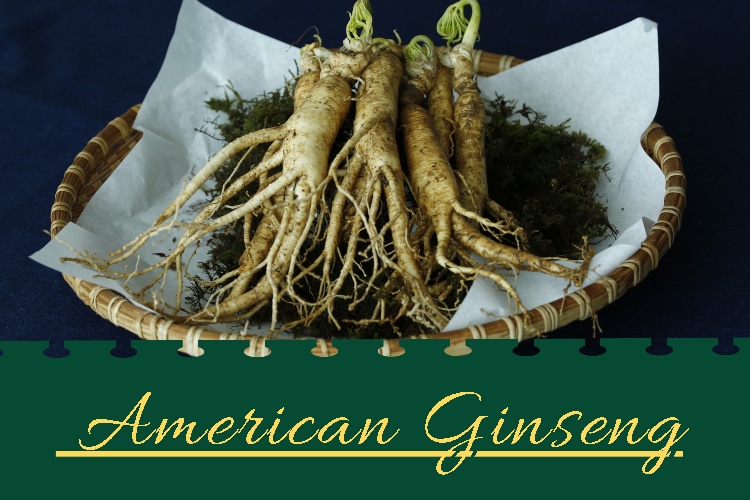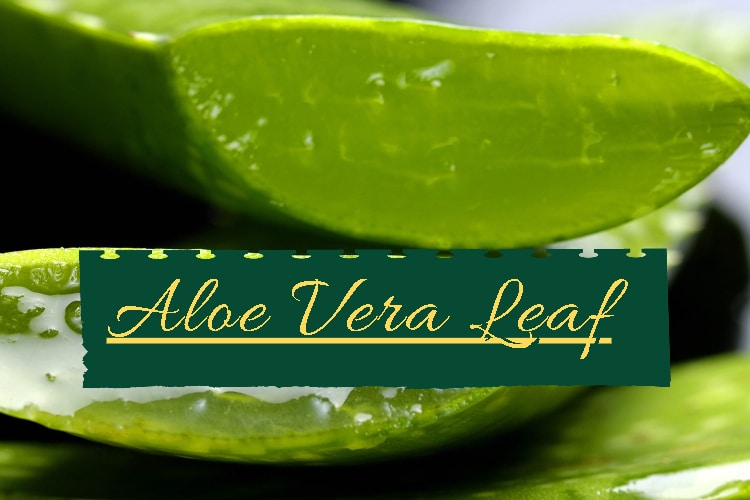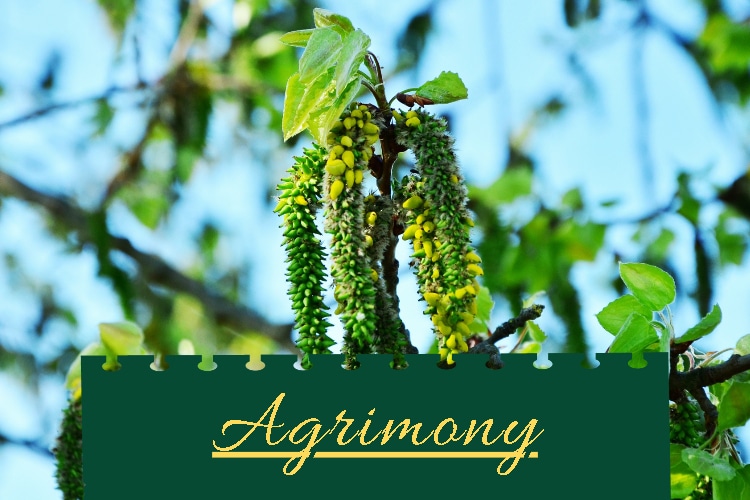
Bee Pollen
Bee Pollen has become a popular nutritional supplement that helps to enhance vitality, build the immune system, increase strength and stamina, and improve concentration and even combat depression. Bee Pollen is considered an herbal antibacterial and antifungal.
History
Bee Pollen is one of the many gifts that bees have bestowed on humanity (think of beeswax, honey, Bee Propolis, and Royal Jelly), and yet scientists have not been able to duplicate this wondrous substance in a laboratory.
Even when manmade pollen has been created with every known nutrient present in the real pollen, bees will die when fed the lab-produced, synthesized food. Bee Pollen is a powder-like material produced by the anthers of flowering plants and gathered by bees and picks up the nutrients of every plant it visits.
This is particularly rich, non-airborne pollen called entomophile pollen that is needed by those flowers to guarantee their fertilization, and unlike the wind-carried anemophilous pollen, it generally does not trigger allergic reactions.
This entomophile pollen is processed by the honeybee and is rich in…
- protein
- essential fatty acids
- B-complex vitamins
- vitamins A
- C
- E
- D
- carotene
- enzymes
- almost all known minerals
- trace elements
- sodium
- plant sterols
- simple sugars
Medical Uses
Bee Pollen is the favorite of many athletes who use it to help increase their endurance, stamina, speed, and strength before workouts or competitions. Bee pollen also helps athletes to recover more swiftly after strenuous exercise. It appears to improve not only endurance and energy but also physical acuity and sharper mental response. Many people use it to fight overall fatigue.
With regard to mental response, Bee Pollen appears to be effective in helping people who suffer from mental fatigue, stress, depression, and the inability to concentrate. Bee pollen is a natural energy food that helps to improve mental clarity and the capacity to concentrate for longer periods.
Bee Pollen is known as one of the finest sources of immunity-building nutrients that stimulate glands and enhance the body’s natural defenses while also eliminating damaging toxins from the system. Improved immunity helps the body ward off disease, resist infections, and simply combat many common ailments, including colds, flu, bronchitis, and others.
Because Bee Pollen may strengthen the immune system, it also appears to help people with allergies. Those very same immune-enhancing properties in Bee Pollen stimulate the body’s natural defense against allergic responses.
In addition, since Bee Pollen supports reduced production of histamine, the substance that can cause allergic responses, many allergy sufferers have found relief with Bee Pollen as an herbal antihistamine.
For a youthful, radiant appearance, regular use of Bee Pollen appears to result in skin that looks much smoother, younger, and healthier. Credit is given to Bee Pollen for reducing lines and wrinkles on the face and is said to be a marvelous toner for the skin, providing it with increased elasticity.
Some say that regular use of Bee Pollen will even keep unwanted gray hair away.
Bee Pollen appears to be an excellent source of antioxidants, and some research has claimed that the use of Bee Pollen has demonstrated anti-carcinogenic properties and has also shown some delayed growth in tumors.
In separate studies, a noticeable decrease in the side effects of radiation (including nausea, bladder inflammation, appetite loss, and rectal swelling) has been noted, as well as countering the effects of environmental and chemical toxins.
Like other bee products, Bee Pollen has shown extremely active anti-microbial activity, and certain cultures of microbes in hard-to-control diseases (i.e., Salmonella, etc.) were killed with Bee Pollen. Bee Pollen may also destroy harmful intestinal flora, thereby easing colon disorders and diarrhea. Its antibacterial and antifungal properties have also shown positive results against Candida and other yeast infections.
Bee Pollen’s quality of invigorating the body and enhancing energy seems to extend to helping sexual performance, especially in older adults who experience diminishing sex hormones and shrinking reproductive organs.
One reason may be that the aspartic acid content in Bee Pollen is an amino acid important to bodily rejuvenation processes, particularly those of the sex glands. Bee Pollen has become very popular in Europe where older adults claim it has put new life and vigor into their sex lives.
Precautions
A small number of people have been known to be allergic to bee and/or plant Pollen and should avoid it, as ingestion may result in severe allergic reactions, including anaphylaxis, an acute allergic response that may be life-threatening.
When using Bee Pollen Herbal Supplement, it is wise to take a small amount at first, and if any sneezing, discomfort, or rash occurs, discontinue use immediately.






